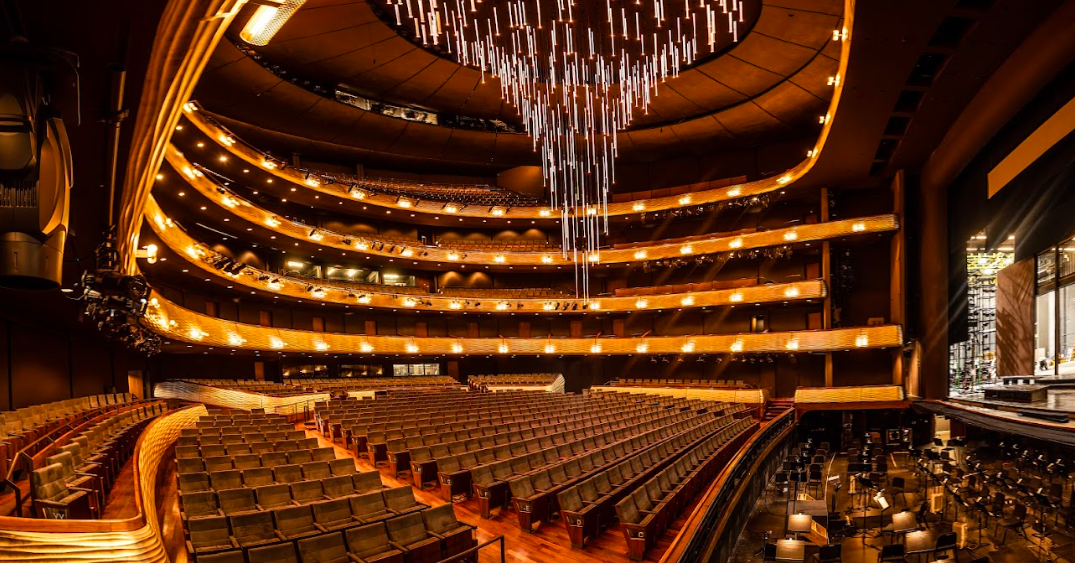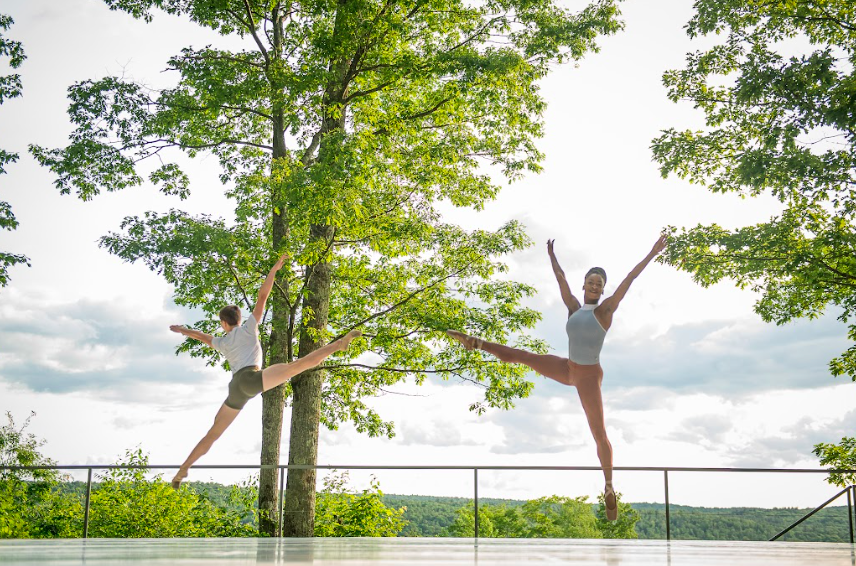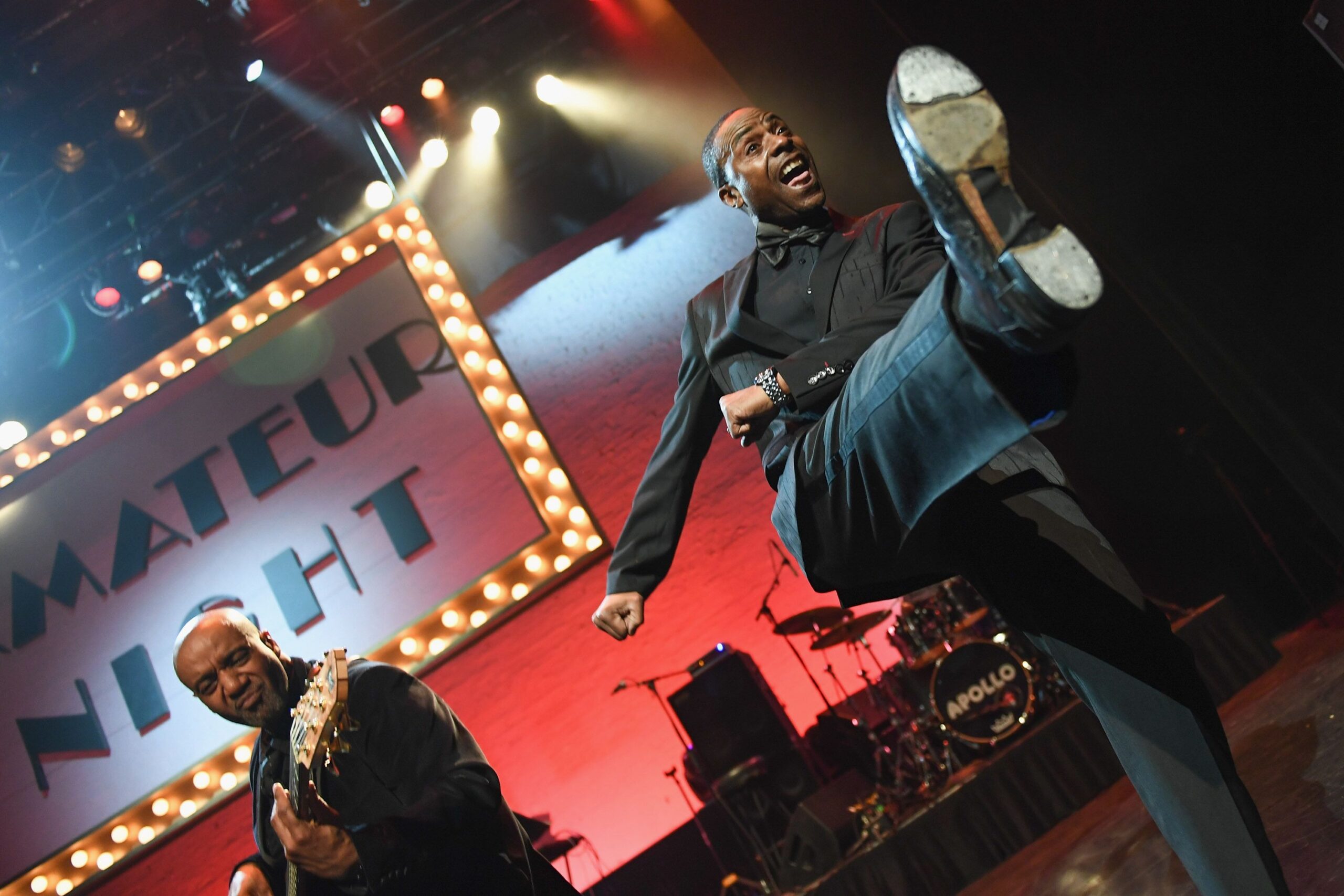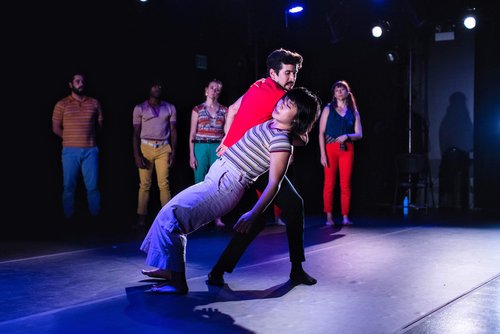Sharing what opera singers do besides sing
“Before the pandemic, we were just dipping our toes in the digital realm,”says Ian Derrer, Kern Wildenthal General Director and CEO of The Dallas Opera (TDO), “and with no certainty of what was to come.” Pre-pandemic, TDO’s website management, social media, and e-communications lived inside the marketing department. But the onset of the COVID-19 pandemic changed that immediately. “We decided to consider our social media channels as our stage,” he continues. Initial meetings with the artistic team considered new ways to use these platforms, particularly Facebook and Instagram, to connect with audiences.
Artistic administrators quickly realized that not only were audiences stranded at home, but artists were as well. This spurred a creative response, and the team’s brainstorming quickly turned to the possibility of a TV channel, one that you could turn on and find “something about opera.” They wanted to draw on the talents of opera stars, to humanize them and showcase the ways they were navigating the same drastic changes that were affecting everyone else.
Derrer reports that it was not difficult to convince artists to get involved. It appealed to artists to have an avenue to engage with audiences while stages were dark. And, says Derrer, “One thing led to another.” Now, on the TDO website, you can find online programs with opera singers cooking, narrating tours of their home countries, performing recitals, offering playlists, giving career advice, and showing off their comedic talents.
Programs are collected within Dallas Opera TV, the product of months of artistic exploration and the company’s growing attention to both original production and monetization. At first, the channel was available through subscription ($4.99 / month), but the paywall has been removed in favor of a registration-based, free service that offers full opera performances from the company’s video archive, recitals, and original programming created by leading opera singers as well as artistic leaders in film and theater. Alongside programming for adults, OperaKids has drawn unexpectedly large audiences. This major educational effort provides classroom materials and cultural enrichment for students and teachers.
One of the trickiest parts of developing digital programming was anticipating and planning for shifting COVID protocols. Digital recording began before widespread vaccination, so great care had to be taken to protect singers. This sometimes entailed recording each vocal part separately and then mixing the final production into a single performance. Development of the Dallas Opera TV platform and the draw on staff time was also an investment. Derrer explains that, “Fortunately we had a number of people on staff who were tech oriented and wanted to work on this.” TDO was able to reallocate staff to digital projects in most instances. “It was like an internal task force. The artistic staff had to figure out how to do these things and how to work with the company in new ways. We never had a clear picture of how it was going to go when we began, but we learned along the way.”
The Board of Directors was supportive of TDO’s experimentation, eventually forming a digital strategy advisory group to help support the project, raise money, and connect with the tech community. “We have shifted to a dual-track opera company. We have programs in person, but we also see the digital stage as a route to both local and global accessibility,” Derrer says.
Asked why these ambitious efforts sprouted at TDO when other companies were less active, Derrer suggests this: “My directive was—try it. If it doesn’t work, don’t be afraid to cut and move on. We need to try a lot of things. If you don’t try you will get nowhere. Use this pandemic as an opportunity to express new ideas in new ways. Opera companies tend to be glacial. The pandemic allows us to shift to a structure that is responsive and future-facing.”
“What we’re thinking about now is what does the digital frontier look like five years from now? We want global audiences to know us and we want our local audiences to grow. We want people to come and experience live performances because of what they experienced online. And personally, I want digital to be a tool for engaging the next generation of opera lovers. I want kids to want to go to the opera.”

